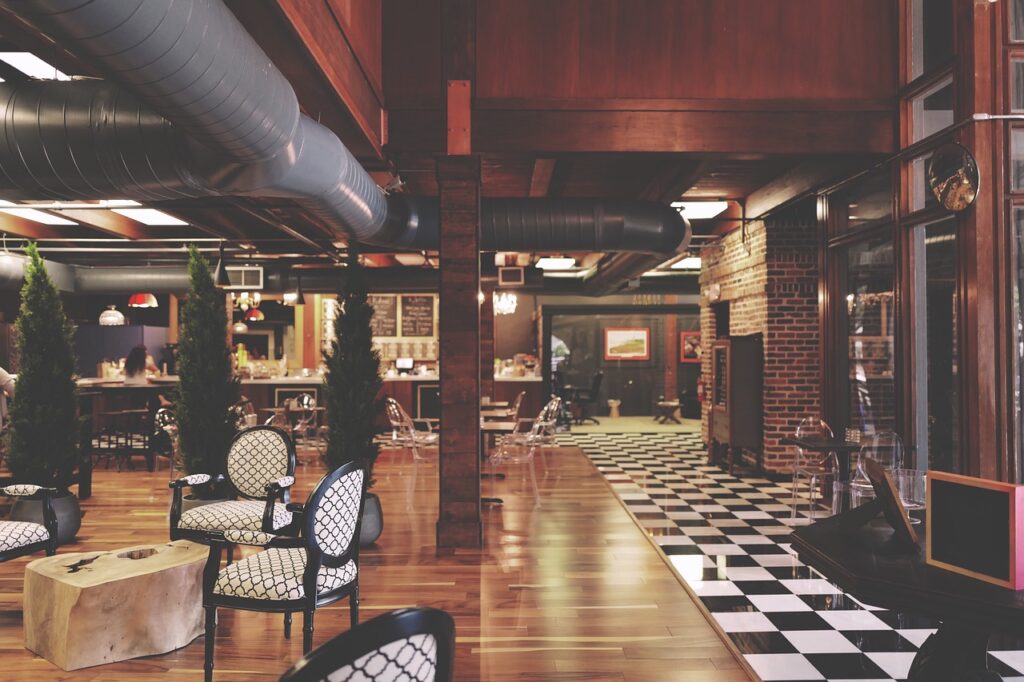In the competitive hospitality industry, the safety and security of guests and property are paramount. With technological advancements, hotel surveillance systems have become a cornerstone of security strategy, ensuring that guests can enjoy a safe and private stay. In this guide, we delve into the critical aspects of choosing the right hotel surveillance systems for your establishment.

Understanding the Importance of Surveillance in Hotels
The primary purpose of hotel surveillance systems is to deter crime and enhance the safety of both guests and staff. These systems monitor public areas, such as lobbies, restaurants, hallways, and parking lots, providing a deterrent against theft, vandalism, and other criminal activities. Additionally, the presence of cameras can help resolve disputes and provide evidence in the event of legal proceedings, ensuring all parties are protected.
Surveillance technology also plays a crucial role in operational management within hotels. It helps manage crowd control, monitor staff performance, and streamline operations, contributing to an overall efficient management system that can significantly enhance the guest experience.
Selecting the Right Cameras for Different Hotel Areas
When choosing surveillance cameras, consider the unique needs of each hotel area. High-traffic zones such as lobbies and entrances may require cameras with higher resolution and wider fields of view to capture clear images despite the volume of movement. On the other hand, less frequented areas like storerooms can utilise more basic models that still provide adequate surveillance but at a lower cost.
- High-Definition Cameras for Entrances and Lobbies: Ensure that the cameras used in these areas are capable of capturing high-quality footage that can be used to identify faces and other important details. High-definition cameras are essential for these areas because they are the first line of defence against unauthorised access.
- Discreet Cameras for Guest Areas: In spaces like hallways and recreational facilities, where guest privacy is a concern, consider using more discreet cameras. Dome cameras, for example, are not only less intrusive but also harder for potential criminals to tamper with or avoid.
Leveraging Advanced Features for Enhanced Security
Modern surveillance systems offer a range of advanced features that can significantly boost hotel security. Motion detection, night vision, and remote access are just a few of the capabilities that have become increasingly important.
- Motion Detection: This feature ensures that cameras record only when there is activity, saving storage space and focusing attention on moments of potential security interest.
- Night Vision: Cameras equipped with night vision are crucial for continuous surveillance, especially in poorly lit areas like parking lots and perimeter fences.
- Remote Access: With remote access, security managers can monitor footage from anywhere, at any time, using devices such as smartphones or laptops. This feature is invaluable for immediate response and continuous surveillance management.
Compliance and Data Protection
When implementing surveillance systems, it’s crucial to comply with legal requirements and respect privacy. In the UK, the Data Protection Act 2018 governs the use of personal data, including footage obtained through surveillance cameras. Ensure that your surveillance practices are compliant by displaying clear signage and only monitoring areas where it is legally permissible.
Moreover, choosing systems that offer encrypted data storage can help protect against data breaches and ensure that footage is accessed only by authorised personnel. For factual insights on compliance, you can visit the official UK Government website on data protection.
Maintenance and Support
To ensure that your surveillance system remains effective and operational, ongoing maintenance and technical support are essential. Opt for a provider that offers comprehensive after-sales support and regular maintenance services. This support not only helps in resolving any technical issues that may arise but also ensures that the system is updated to deal with evolving security challenges.
Choosing the right hotel surveillance systems is not just about purchasing the most expensive technology; it’s about intelligently integrating technology to enhance overall hotel security and guest satisfaction. By focusing on the specific needs of each hotel area, leveraging advanced features, and ensuring compliance with data protection laws, hotel managers can create a secure and welcoming environment for all guests.





